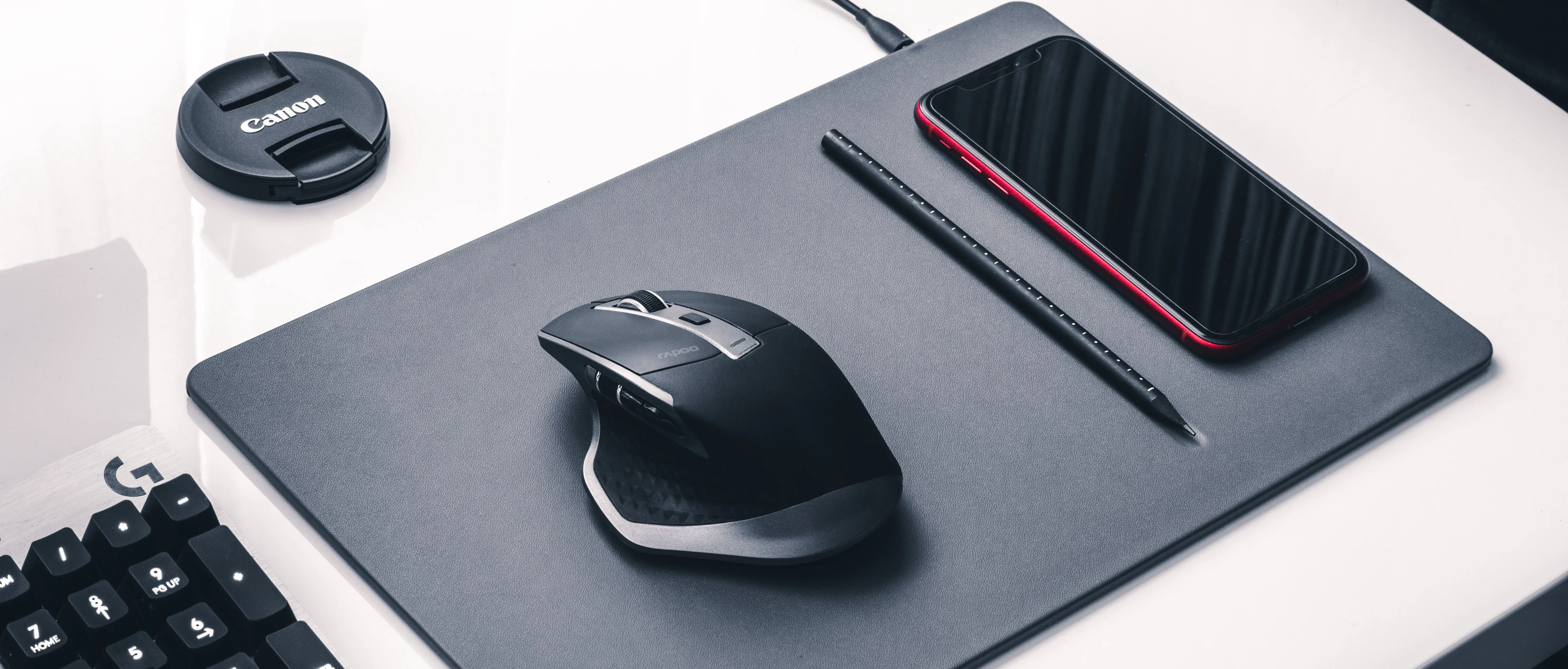0 Comments

Introduction
A good mouse pad is essential for computer use, but what happens when it slips and slides? A secure mouse pad reduces inconvenient shifting that disrupts work. This article explores clever tips for keeping mouse pads firmly in place. Learn about non-slip bases, weighs, double-sided tape, rubber mesh, and other simple solutions for enhanced stability.
Utilize the Pad's Non-Slip Base
Many quality mouse pads address slipping issues through design:
Rubber or Foam Backing
Turn over the pad and check for grippy rubber or textured foam on the bottom. This provides natural anti-slip.
Micro-Suction Adhesion
Some pads use a flat micro-suction base that adheres strongly when pressed down. This “suction cup” effect resists slipping.
Grip Dots or Strips
Small grip dots made of rubber or silicone grip the desktop surface. Long adhesive rubber strips under the pad also create traction.
Extra Options for Added Stability
For extremely smooth or uneven surfaces, consider adding:
Small Weights
Place a book or other weighed object centered on top of the pad when in use. The weight presses down assisting traction.
Double-Sided Tape
Apply removable double-sided tape below the pad's edges for a reinforced grip on the desk.
Rubber Mesh Pad
Set the mouse pad atop a rubber mesh desk pad. The mesh bottom grips while allowing air circulation.
Keep Surfaces Clean and Check Levelness
Good maintenance also aids stability:
Clean Dust and Debris
Dust buildup reduces traction, so regularly clean pad and desktop. Wipe with microfiber cloth between deeper cleanings.
Ensure a Flat Surface
Place on an even, 100% flat surface. Check for wobbling books or uneven table legs that could cause rocking.
Conclusion
Don't let a slippery mouse pad reduce your productivity. With non-slip bases, added traction methods, and proper maintenance, you can work confidently knowing your mouse pad stays securely in position.
0 리뷰
0 전체 평가
0 중 0(0%)
고객이 이 게시물을 추천했습니다.
